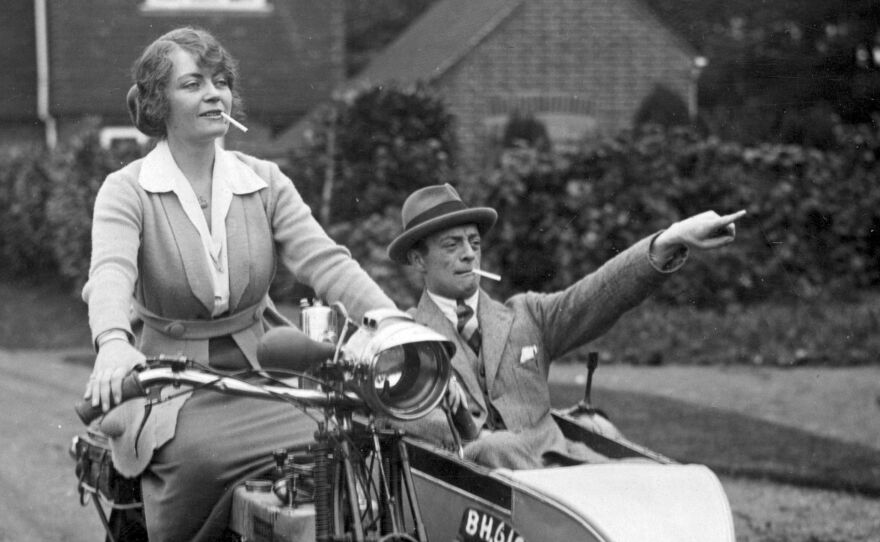The 1920s were a time of literary liberation. In the footsteps of pioneers like May Sinclair, James Joyce and Virginia Woolf, writers dabbled in new subjects and new styles, creating characters who would have been controversial — if not downright unthinkable — in the Victorian era: promiscuous women and effeminate men, businesswomen and stay-at-home fathers, atheists and revolutionaries.
There was a price for this freedom, however. It's not easy to break free from the constraints of tradition or to stand up as the lone supporter of a new and unsettling belief. For both the authors and their characters, such acts took bravery — a bravery most poignantly portrayed on the battleground of love. Whether writing about a man who loves his children and despises his work, a missionary more interested in his neighbors than his God or a girl wondering how to initiate a romance, these 1920s authors explored every variety of love.
In the early 20th century, there were many loves that dared not speak their names. The dramatic social shift following World War I allowed these loves some freedom, but they still faced countless obstacles. The gifted authors of the '20s played a crucial role in bringing such struggles to light — and their stories still resonate today.
Ursula DeYoung is the author of Shorecliff.
Copyright 2024 NPR. To see more, visit https://www.npr.org. 9(MDAzMjM2NDYzMDEyMzc1Njk5NjAxNzY3OQ001))






